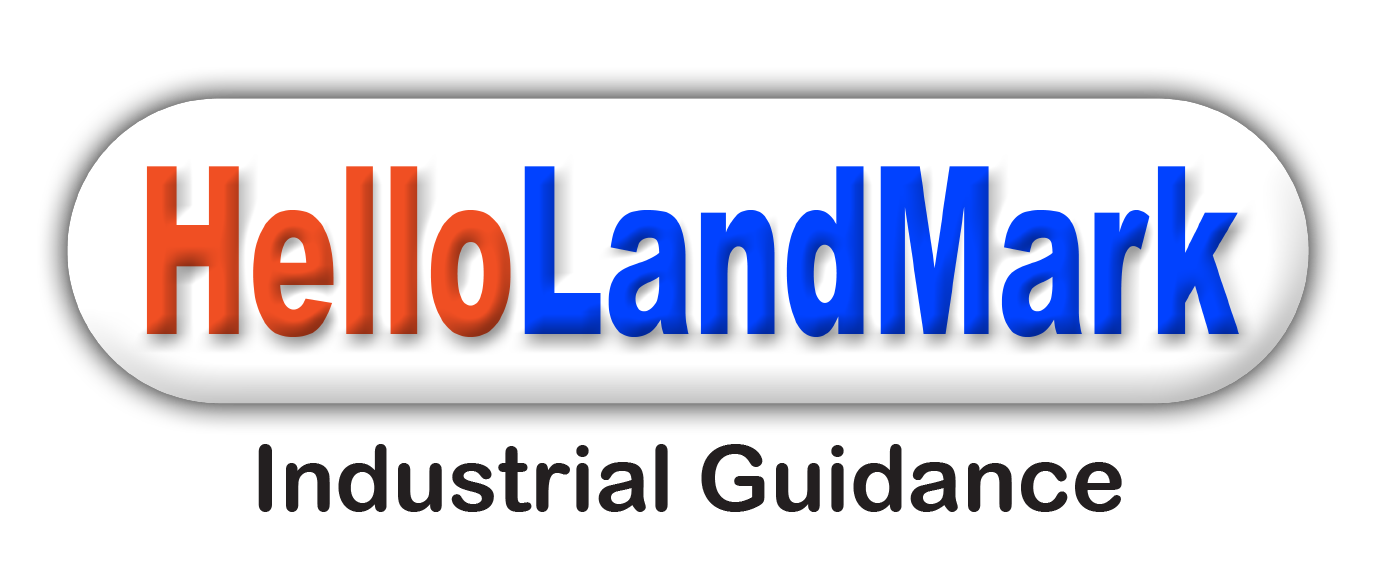Introduction
Social media has evolved from a consumer-driven communication platform into a powerful business tool, increasingly leveraged for industrial promotion. In the industrial sector—characterized by long sales cycles, technical products, and a B2B customer base—social media platforms provide a cost-effective and direct way to build brand awareness, engage with potential clients, showcase expertise, and support lead generation. With the right strategy, industrial companies can use social media to extend their digital presence, foster trust, and influence decision-makers throughout the buyer journey.
Enhancing Brand Visibility
Social media platforms such as LinkedIn, Twitter, Facebook, and YouTube help industrial companies increase their visibility among targeted professional audiences. Regular posting of updates, behind-the-scenes content, product launches, and industry news keeps the brand top-of-mind.
By maintaining an active and consistent presence, companies demonstrate thought leadership and create more opportunities for engagement with potential customers, suppliers, and partners.
Sharing Technical Content and Product Information
Industrial buyers rely on accurate and detailed information when making purchasing decisions. Social media serves as an excellent medium for sharing technical content including product datasheets, application guides, demo videos, and webinars.
Visual formats such as infographics, animations, and short explanatory clips are particularly effective for communicating complex product features and use cases in an engaging and accessible way.
Generating Leads and Driving Website Traffic
Well-structured social media campaigns can direct targeted traffic to a company’s website or landing pages. By promoting gated content, whitepapers, case studies, and event registrations, businesses can collect contact information and initiate lead nurturing efforts.
LinkedIn, in particular, offers advanced targeting tools that allow businesses to reach professionals by job title, industry, and company size, making it ideal for industrial lead generation.
Building Industry Relationships and Community Engagement
Social media enables industrial companies to engage directly with their audience, respond to queries, and participate in industry discussions. Commenting on relevant posts, joining professional groups, and collaborating with industry influencers helps establish meaningful relationships and builds a sense of community around the brand.
These interactions also humanize the company, showing its responsiveness and commitment to customer satisfaction and industry development.
Showcasing Projects and Success Stories
One of the most effective ways to promote industrial capabilities is by sharing real-world project highlights, client testimonials, and performance case studies. Social media provides a dynamic platform to showcase these achievements, reinforcing credibility and attracting similar clients.
Visual storytelling through photos and videos of project installations or factory operations further enhances authenticity and boosts engagement.
Conclusion
Social media has become an indispensable part of industrial promotion, offering versatile tools to enhance visibility, communicate technical value, generate leads, and build lasting industry relationships. By adopting a strategic approach to content creation, audience targeting, and engagement, industrial companies can leverage social platforms to reach decision-makers, influence purchasing behavior, and reinforce their market presence. In an increasingly digital landscape, social media is not just a promotional tool—it is a critical component of modern industrial marketing.
Hashtags
#IndustrialPromotion #SocialMediaMarketing #B2BMarketing #DigitalMarketing #IndustryInsights #ManufacturingExcellence #BusinessGrowth #BrandAwareness #ContentMarketing #Networking #InnovationInIndustry #TradeShows #SupplyChainManagement #IndustrialTrends #MarketingStrategy #CustomerEngagement #OnlinePresence #LeadGeneration #IndustryNews #SocialMediaStrategy

